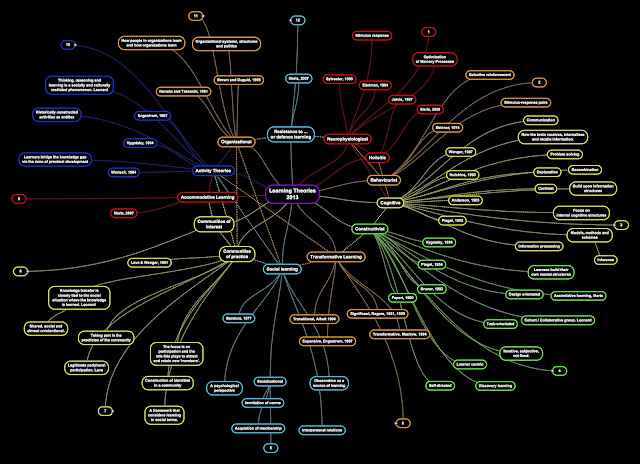- Life-logging
- Learning Theories
- Diana Laurillard
- Learning Activity
- Ellen Levy
- Learning Management System (LMS)
- Learning Technologist
- Lego
- Learning Support Services
- Learning Design
- LinkedIn (Groups)
- Littlejohn
- Learning Journal
- Life Long Learning
- Professor Vic Lally
The quality, usability and effectiveness of the Learning Management System faced by educators and students is fundamental to their learning and teaching experience; all LMSs are not the same! Studying 'at a distance' with a number of other institutions has shown me just how different the experience can be, from light, intuitive and 'in the background' to a tangled, archaic mess.
I often use LinkedIn to share ideas, especially from the various blogs I keep. Best of all when I crave a discussion about something, joining in or starting the thread, then I go to one of the many groups on e-learning that I follow.
Life-logging I thought of doing as a research project for H809 and still think of as a project of considerable interest for all that it can do, say for supporting people who suffer from memory loss, let alone to gather interesting data about how we are. You wear a device that gathers data and anlyses it in real time. Breakthroughs are for medical reasons to monitor a person, as NASA did with astronauts, the difference is that this goes to your GP.
Learning Theories matter in e-learning though you may be thinking in terms of 'connectedness' (George Siemens) as social or networked learning. I would have liked a foundation in learning theory early on. H809 finally got me looking at learning theories and I produced a mindmap that featured thirteen of them; five will do: behaviourism, cognitive, constructed and connectedness.
Diana Laurillard is one of the big names of e-learning you will read and hear from.
It was a learning activity before Gilly Salmon called it an 'e-tivity'. They are just activities, whether online in a gamified learning context or in a workshop of classroom. You have to do something, sometimes interacting with others.
Ellen Levy prompted my first blog post in September 1999. She kept a journal for a year in 1998. It didn't even go online. I think I put my diary onto a Mac Classic in 1992 and before that in the mid 1980s put it on an Amstrad. Things happen when you create a database; it becomes an aide memoir. Ellen Levy was an early director Linkedin.

